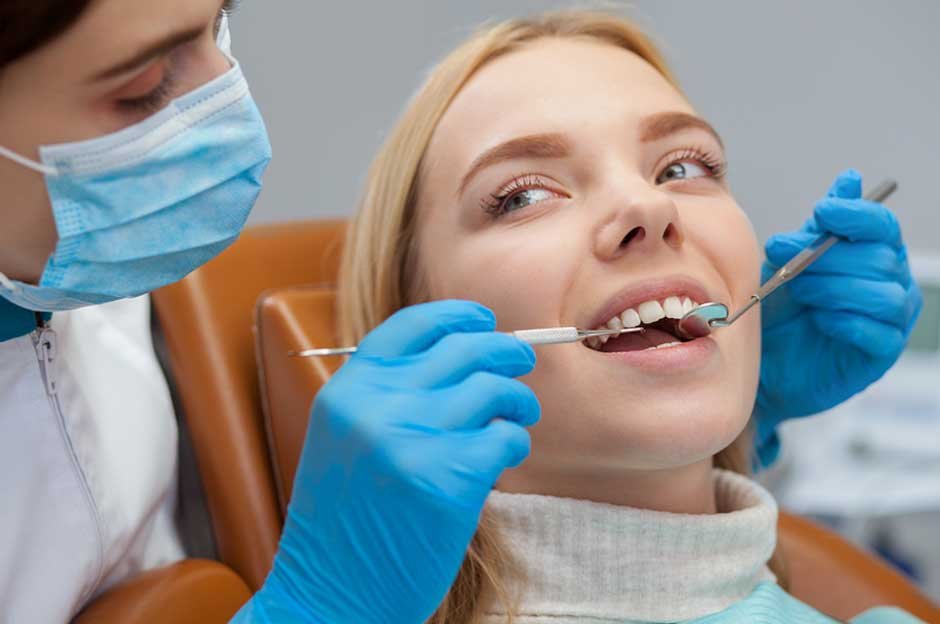Trauma, past illnesses, and chronic nasopharyngeal conditions can lead to mucosal proliferation, resulting in thickening of the nasal lining and obstruction of airflow through the nasal passages. This obstruction often causes persistent nasal congestion and difficulty breathing, which can significantly affect quality of life. Nasal cautery, also known as nasal mucosal cauterization, is a simple, safe, and effective procedure that helps reduce excess tissue and control mucosal overgrowth. It serves as a minimally invasive alternative to surgical excision of the affected tissue, helping to restore normal airflow, improve respiratory function, and provide lasting relief from nasal obstruction.
Indications
Cauterization is recommended for chronic nasal conditions that cause respiratory distress due to mucosal proliferation. These conditions include allergic and vasomotor rhinitis, chronic sinusitis, polyposis, and recurrent nosebleeds. swelling of the mucous membrane caused by one of the following factors may also be an indication for cauterization:
- allergic reaction of any origin;
- viral or bacterial infections, as well as their complications;
- hormonal changes, including those associated with pregnancy and menopause;
- endocrine pathologies leading to swelling of the nasal sinuses;
- injuries and congenital anatomical features of the nose – a deviated septum, narrow nasal passages;
- the appearance of neoplasms in the nose, the entry of foreign bodies into the nasal passages and sinuses;
- uncontrolled use of medications, especially vasoconstrictor drops.
Nasal mucosal cauterization surgery is performed only when all possible conservative methods have been tried and have not produced the desired result.
Operation
Cauterization of the mucous membrane is simple and quick. The procedure is painless and can be performed under local anesthesia. The method by which the nasal mucosa is cauterized depends on the chosen method.
Radio wave coagulation
During radio wave coagulation of the nasal mucosa, an electrode is placed in the nasal cavity, emitting radio waves of a specific length that heat the tissue.
Laser coagulation
Laser coagulation is performed using a laser, which painlessly cauterizes tissue, stops bleeding, and has a disinfecting effect.
Ultrasonic cauterization
During ultrasonic cauterization, the nasal mucosa is affected by ultrasonic waves.
Electrocoagulation
Electrocoagulation is performed using a long cylindrical electrode, which heats the mucous membrane with a high-frequency electric current.
All procedure options are minimally invasive, safe, and do not require a long recovery period.
Rehabilitation
For the first few days after nasal cauterization, avoid excessive physical activity, alcohol, and exposure to heat.
Avoid saunas
Avoid saunas, hot showers or baths, and sunbathing. Failure to adhere to these restrictions can cause blood vessels to dilate, which can lead to bleeding.
Avoid blowing your nose
You should also avoid blowing your nose vigorously, as this will damage the sensitive mucous membrane.
Do not attempt to pick the nasal cavity
For 3-4 days after surgery, crusts will remain inside the nasal cavity. Do not attempt to pick them off; they will soften and fall off on their own over time. To relieve the crusts, you can soak them in salt water or apply ointment.
You may experience a burning sensation
The first week after the procedure, you may experience a burning sensation, frequent sneezing, and a tickling sensation in the nose. This is normal. Once all the scabs fall off, the symptoms will subside.
Frequently asked questions
-
What should not be done after cauterization of the nasal mucosa?
You should not heat your nose, move actively, drink alcohol, or blow your nose vigorously.
-
How long does the rehabilitation period last?
Complete recovery after the procedure can take up to two weeks.
Benefits of contacting the Consultant ENT
The otolaryngologists at the Consultant ENT have extensive experience and are proficient in all modern treatment methods for breathing problems. Our ENT Specialist West Yorkshire will quickly and painlessly perform mucosal cauterization surgery, allowing you to breathe deeply again. Make an appointment by calling the contact center at +44 7368 625351, using the online appointment form, or visiting the clinic reception. In conclusion, timely evaluation and treatment by skilled ENT specialists can effectively restore normal breathing, enhance comfort, and improve overall quality of life.







